Ben Arnold
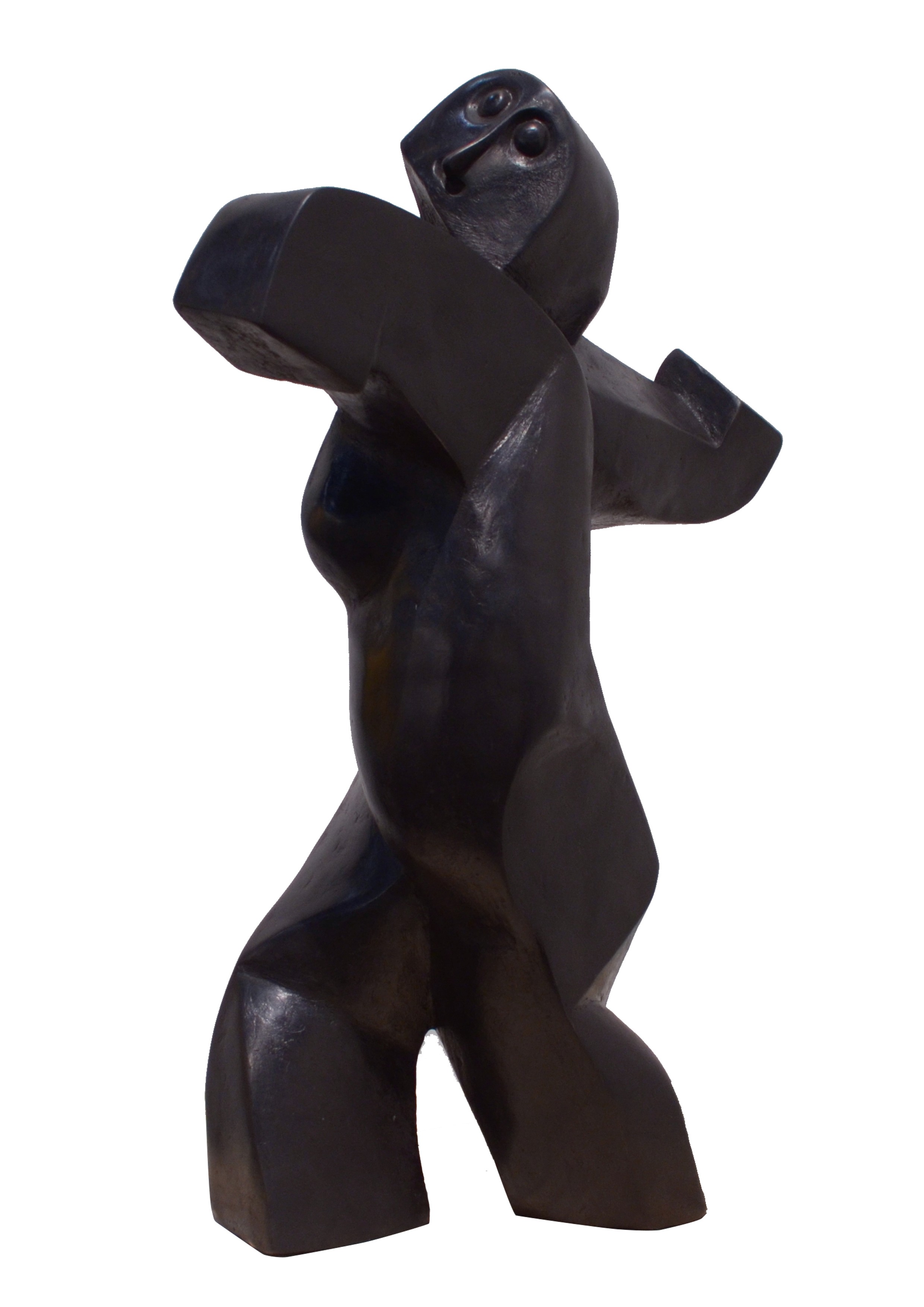
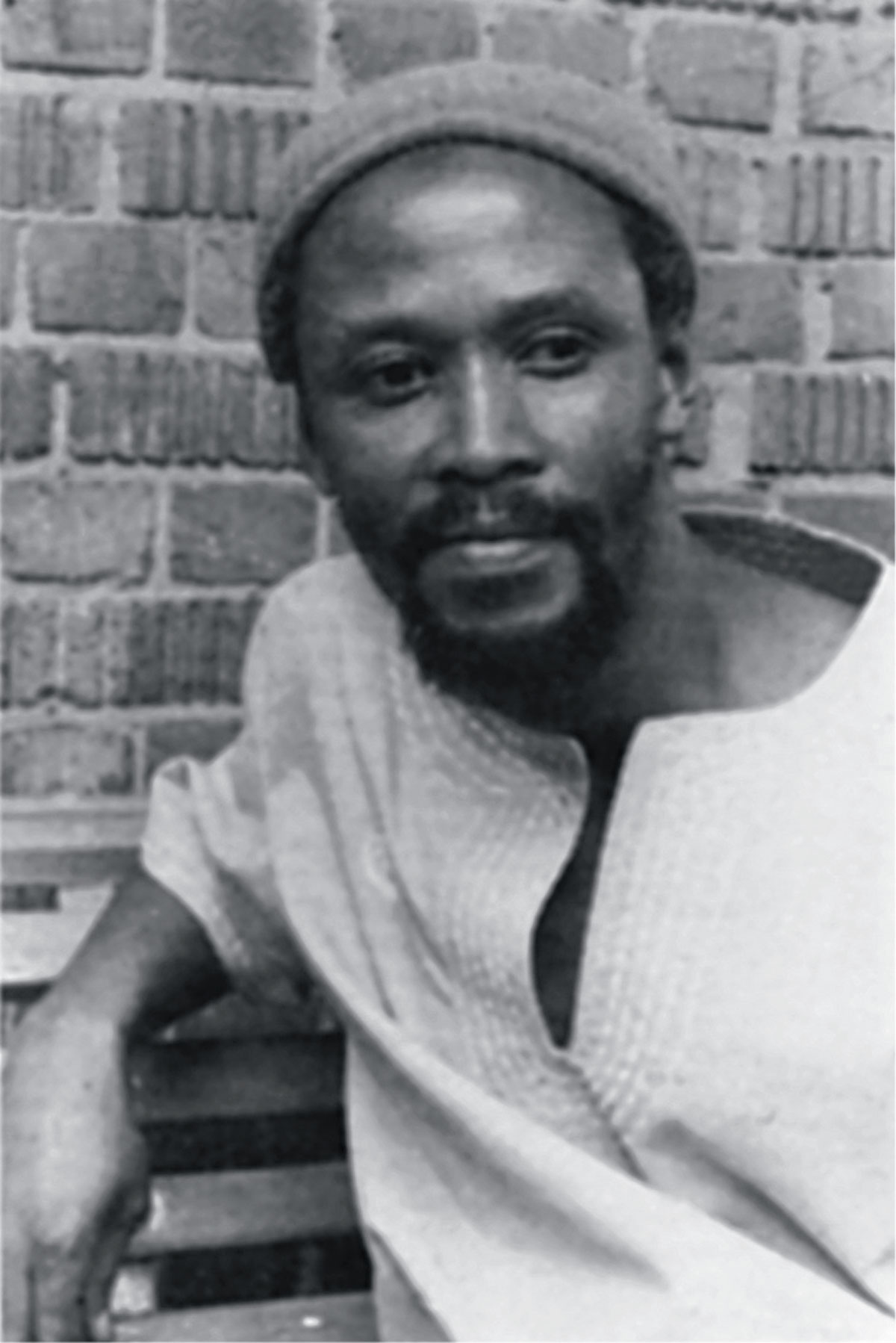



Ben Arnold, born on July 19, 1942, in Johannesburg, is an important figure in the South African art community. He received his education in various schools across Johannesburg and began his artistic journey under the tutelage of Cecil Skotnes and Sydney Kumalo in the late 1950s. Throughout the 1960s, he served as both a student and later as a teacher at various art centers in Soweto, contributing significantly to the local artistic landscape.
In 1972, he began teaching art at AMDA, Bosmont Recreation Centre, marking the beginning of his career as an educator in addition to his artistic pursuits. Arnold has been actively involved in teaching sculpture at local art schools since the 1980s, alongside maintaining his studio at the Bag Factory.
In 1981, Arnold underwent a significant personal transformation by converting to the Islamic faith, a decision influenced by his upbringing among Muslims in Albertville and his early fascination with Sufi practices. Despite being raised in a Protestant household, the spiritual allure of Islamic traditions resonated deeply with him.
Arnold's multifaceted journey as both an artist and an educator, combined with his cultural and religious background, enriches his artistic practice and contributions to the community.
Sihlali moved back in with his parents at the age of 14, staying with them in Moroka outside Johannesburg, Transvaal. There he began informal art classes at the Chiawelo Art Centre under Alphius Kubeka, attending from 1950 to 1953. He also learned from the artists Carlo Sdoya and Sidney Goldblatt, and studied with Cecil Skotnes at the Polly Street Recreation Centre from 1953 to 1958. He married his wife, Annah Mokholo Moloi, in 1958, and had five children with her.
As a student of Skotnes, Sihlali departed from the instructors approach of drawing on imaginative interpretations of traditional African sculptural forms. Instead, Sihlali worked from observations of the world around him, an approach which John Peffer notes was both conservative and radical: he resisted avant-garde art trends of the time and insisted on representing realities of urban life for blacks in South Africa.
Ben Arnold, born on July 19, 1942, in Johannesburg, is an important figure in the South African art community. He received his education in various schools across Johannesburg and began his artistic journey under the tutelage of Cecil Skotnes and Sydney Kumalo in the late 1950s. Throughout the 1960s, he served as both a student and later as a teacher at various art centers in Soweto, contributing significantly to the local artistic landscape.
In 1972, he began teaching art at AMDA, Bosmont Recreation Centre, marking the beginning of his career as an educator in addition to his artistic pursuits. Arnold has been actively involved in teaching sculpture at local art schools since the 1980s, alongside maintaining his studio at the Bag Factory.
In 1981, Arnold underwent a significant personal transformation by converting to the Islamic faith, a decision influenced by his upbringing among Muslims in Albertville and his early fascination with Sufi practices. Despite being raised in a Protestant household, the spiritual allure of Islamic traditions resonated deeply with him.
Arnold's multifaceted journey as both an artist and an educator, combined with his cultural and religious background, enriches his artistic practice and contributions to the community.
Sihlali moved back in with his parents at the age of 14, staying with them in Moroka outside Johannesburg, Transvaal. There he began informal art classes at the Chiawelo Art Centre under Alphius Kubeka, attending from 1950 to 1953. He also learned from the artists Carlo Sdoya and Sidney Goldblatt, and studied with Cecil Skotnes at the Polly Street Recreation Centre from 1953 to 1958. He married his wife, Annah Mokholo Moloi, in 1958, and had five children with her.
As a student of Skotnes, Sihlali departed from the instructors approach of drawing on imaginative interpretations of traditional African sculptural forms. Instead, Sihlali worked from observations of the world around him, an approach which John Peffer notes was both conservative and radical: he resisted avant-garde art trends of the time and insisted on representing realities of urban life for blacks in South Africa.
Ben Arnold, born on July 19, 1942, in Johannesburg, is an important figure in the South African art community. He received his education in various schools across Johannesburg and began his artistic journey under the tutelage of Cecil Skotnes and Sydney Kumalo in the late 1950s. Throughout the 1960s, he served as both a student and later as a teacher at various art centers in Soweto, contributing significantly to the local artistic landscape.
In 1972, he began teaching art at AMDA, Bosmont Recreation Centre, marking the beginning of his career as an educator in addition to his artistic pursuits. Arnold has been actively involved in teaching sculpture at local art schools since the 1980s, alongside maintaining his studio at the Bag Factory.
In 1981, Arnold underwent a significant personal transformation by converting to the Islamic faith, a decision influenced by his upbringing among Muslims in Albertville and his early fascination with Sufi practices. Despite being raised in a Protestant household, the spiritual allure of Islamic traditions resonated deeply with him.
Arnold's multifaceted journey as both an artist and an educator, combined with his cultural and religious background, enriches his artistic practice and contributions to the community.
Sihlali moved back in with his parents at the age of 14, staying with them in Moroka outside Johannesburg, Transvaal. There he began informal art classes at the Chiawelo Art Centre under Alphius Kubeka, attending from 1950 to 1953. He also learned from the artists Carlo Sdoya and Sidney Goldblatt, and studied with Cecil Skotnes at the Polly Street Recreation Centre from 1953 to 1958. He married his wife, Annah Mokholo Moloi, in 1958, and had five children with her.
As a student of Skotnes, Sihlali departed from the instructors approach of drawing on imaginative interpretations of traditional African sculptural forms. Instead, Sihlali worked from observations of the world around him, an approach which John Peffer notes was both conservative and radical: he resisted avant-garde art trends of the time and insisted on representing realities of urban life for blacks in South Africa.
Ben Arnold, born on July 19, 1942, in Johannesburg, is an important figure in the South African art community. He received his education in various schools across Johannesburg and began his artistic journey under the tutelage of Cecil Skotnes and Sydney Kumalo in the late 1950s. Throughout the 1960s, he served as both a student and later as a teacher at various art centers in Soweto, contributing significantly to the local artistic landscape.
In 1972, he began teaching art at AMDA, Bosmont Recreation Centre, marking the beginning of his career as an educator in addition to his artistic pursuits. Arnold has been actively involved in teaching sculpture at local art schools since the 1980s, alongside maintaining his studio at the Bag Factory.
In 1981, Arnold underwent a significant personal transformation by converting to the Islamic faith, a decision influenced by his upbringing among Muslims in Albertville and his early fascination with Sufi practices. Despite being raised in a Protestant household, the spiritual allure of Islamic traditions resonated deeply with him.
Arnold's multifaceted journey as both an artist and an educator, combined with his cultural and religious background, enriches his artistic practice and contributions to the community.
Sihlali moved back in with his parents at the age of 14, staying with them in Moroka outside Johannesburg, Transvaal. There he began informal art classes at the Chiawelo Art Centre under Alphius Kubeka, attending from 1950 to 1953. He also learned from the artists Carlo Sdoya and Sidney Goldblatt, and studied with Cecil Skotnes at the Polly Street Recreation Centre from 1953 to 1958. He married his wife, Annah Mokholo Moloi, in 1958, and had five children with her.
As a student of Skotnes, Sihlali departed from the instructors approach of drawing on imaginative interpretations of traditional African sculptural forms. Instead, Sihlali worked from observations of the world around him, an approach which John Peffer notes was both conservative and radical: he resisted avant-garde art trends of the time and insisted on representing realities of urban life for blacks in South Africa.
selected artworks
view all
view all
view all
view all
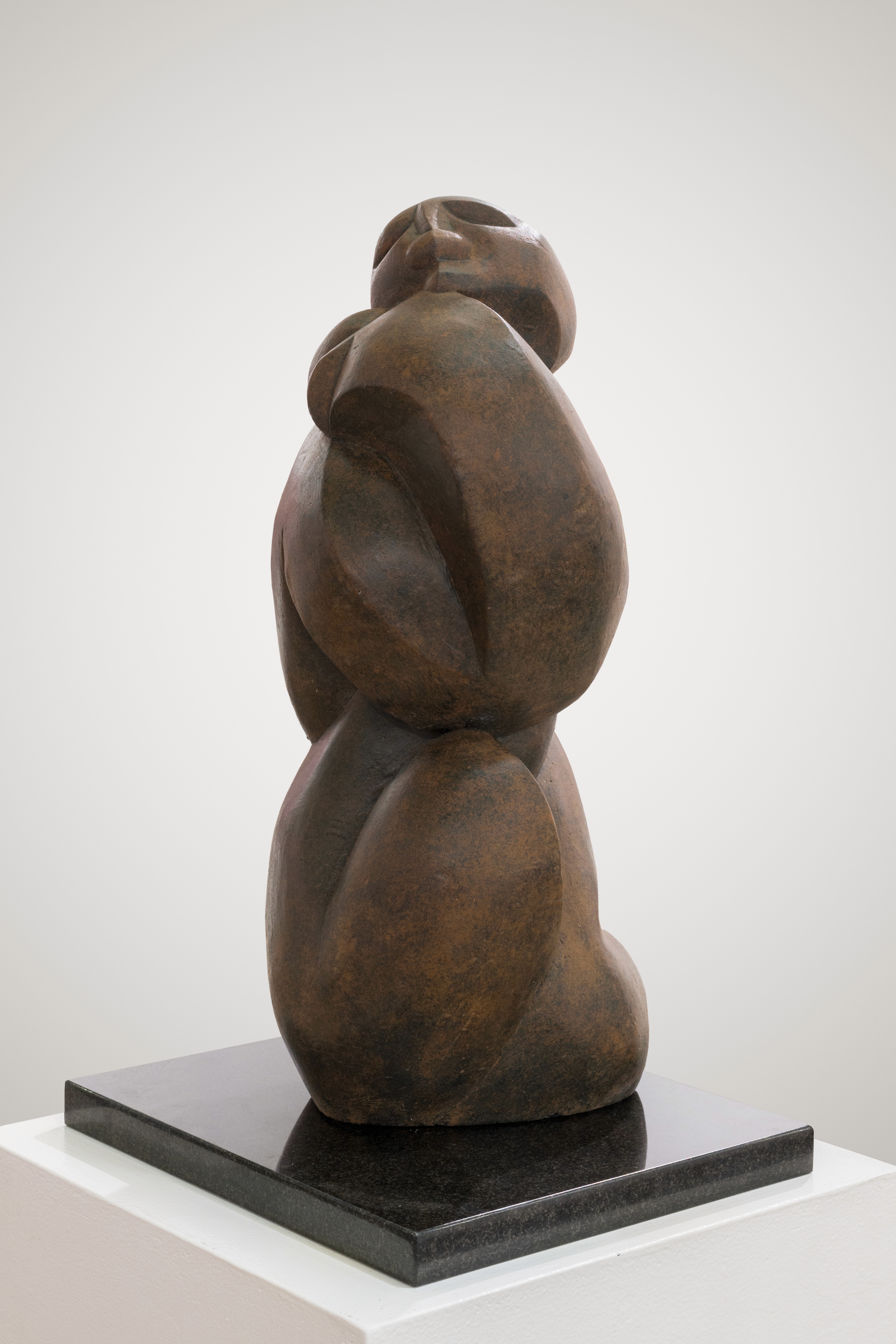


Embrace
Bronze
Bronze
Bronze
Bronze
52cm x 35cm x 22cm
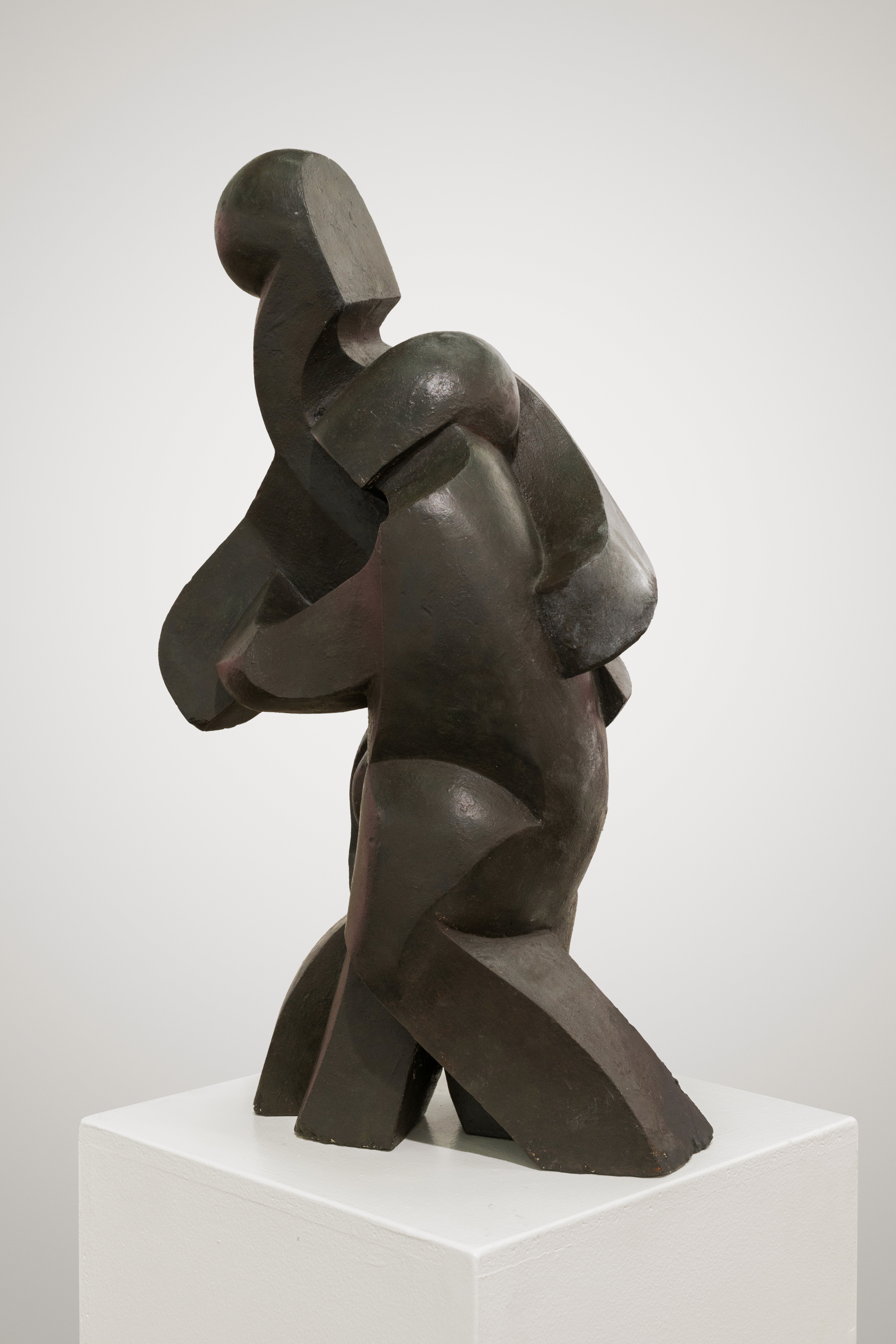


Dance of Freedom
Bronze
Bronze
Bronze
Bronze
52cm x 35cm x 22cm
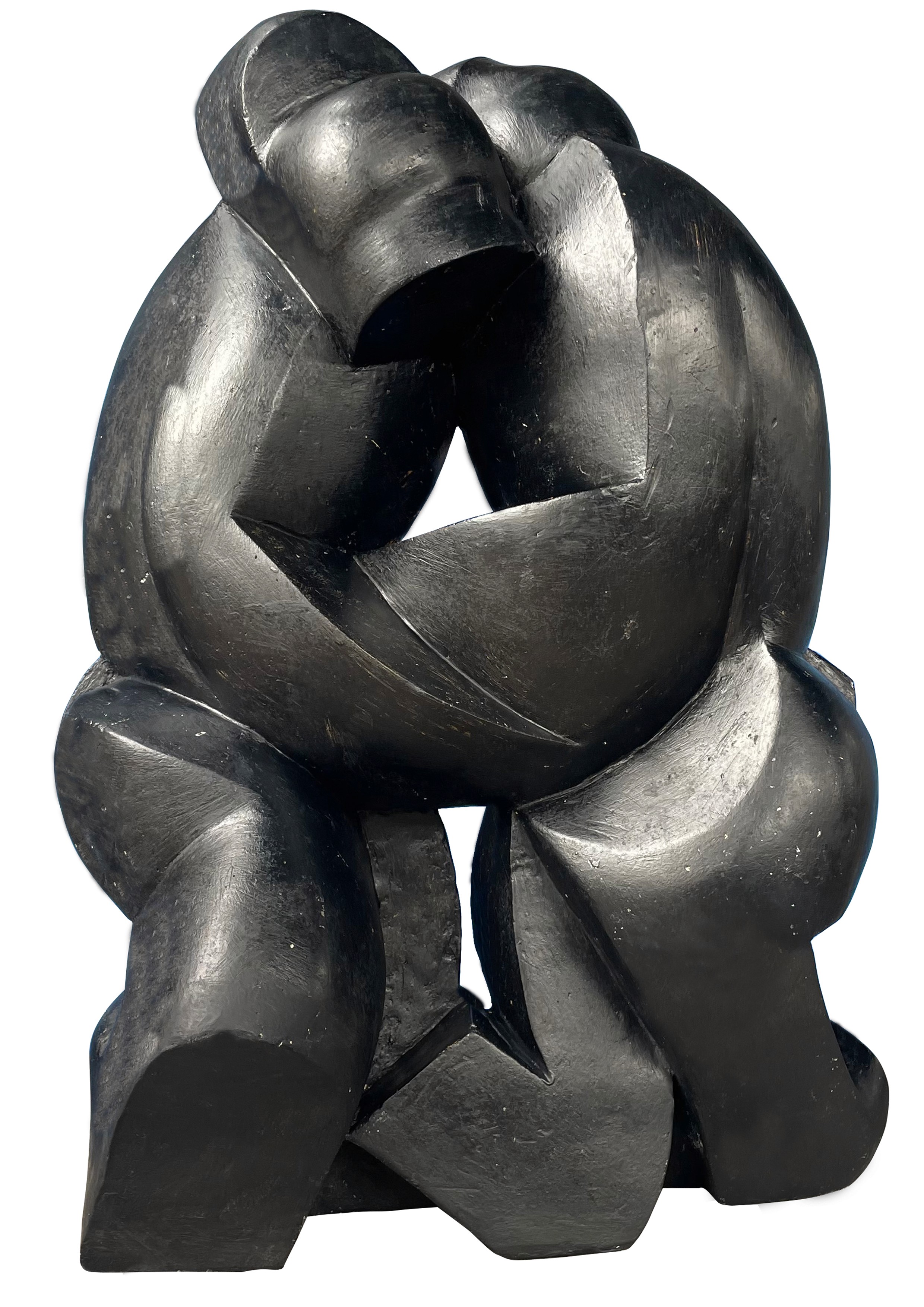


The Dance
Bronze
Bronze
Bronze
Bronze
2200cm x 1100cm x 1500cm
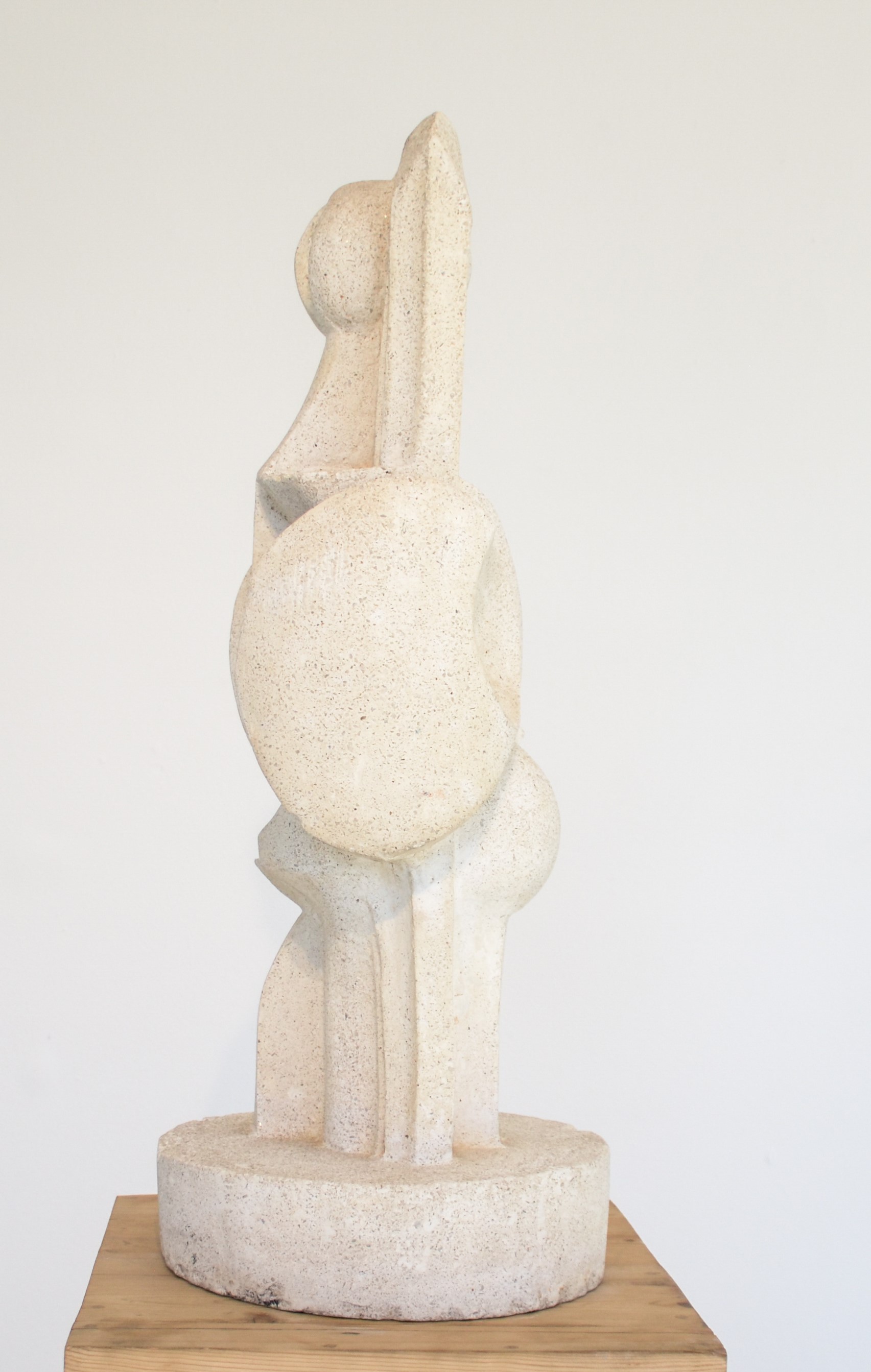


Sentinal
White Terracotta
White Terracotta
White Terracotta
White Terracotta
70cm x 26cm x 16cm
VIEW ALL ARTISTS
